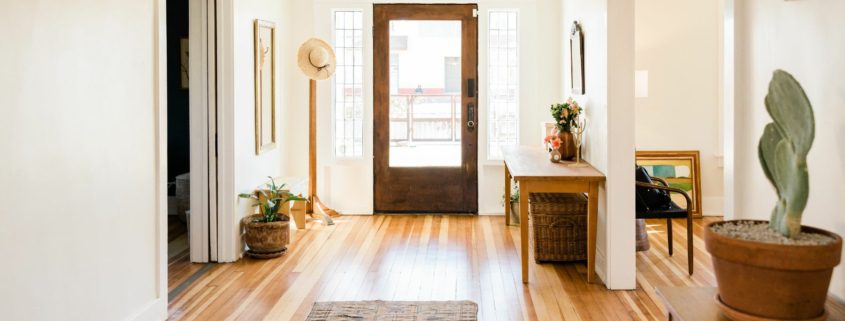A Shield for Home: Essential Tips for Comprehensive Home Safety
Your home is more than just a living space; it’s a haven for your family’s well-being. As you build memories within its walls, it’s crucial to prioritize home safety to protect what matters most. In this blog post, we’ll explore a comprehensive set of general home safety tips to fortify your living space and ensure a secure environment for everyone.
- Regular Home Inspections: Conduct regular home inspections to identify potential hazards. Check for loose handrails, uneven steps, and any other structural issues. Promptly address any maintenance concerns to prevent accidents.
- Secure Windows and Doors: Ensure that all windows and doors are secure. Invest in sturdy locks, and consider reinforcing entry points with deadbolts. Regularly inspect and maintain these security features to deter unauthorized access.
- Effective Lighting: Adequate lighting is a simple yet powerful home safety measure. Install outdoor lighting to illuminate entryways, pathways, and dark corners. Indoors, ensure that each room is well-lit to prevent accidents and create a secure atmosphere.
- Fire Safety Measures: Install smoke detectors on every level of your home and test them monthly. Create and practice a fire escape plan with your family, designating meeting points outside. Equip your home with fire extinguishers and ensure that everyone knows their location and how to use them.
- Electrical Safety: Regularly inspect your home’s electrical system for signs of wear, such as frayed wires or overloaded outlets. Install surge protectors to safeguard electronic devices, and address electrical issues promptly to reduce the risk of fire.
- Childproofing: If you have young children, childproof your home by securing cabinets, covering electrical outlets, and installing safety gates. Be mindful of small objects that could pose choking hazards and keep toxic substances out of reach.
- Emergency Contacts: Keep a list of emergency contacts readily available. Include numbers for local emergency services, poison control, and neighbors. Make sure every family member is familiar with these contacts.
- Carbon Monoxide Detection: Install carbon monoxide detectors near sleeping areas and fuel-burning appliances. Test these detectors regularly, and replace batteries at least once a year. Carbon monoxide is odorless and colorless, making detection crucial for preventing poisoning.
- First Aid Kit: Maintain a well-stocked first aid kit in your home. Include essential medical supplies such as bandages, antiseptic ointment, pain relievers, and emergency contact information. Regularly check and replenish the supplies as needed.
- Security Systems: Consider investing in a home security system. Modern systems often include surveillance cameras, doorbell cameras, and alarm systems that can be monitored remotely, enhancing overall home safety.
In conclusion, a safe home is a happy home. By incorporating these general home safety tips into your routine, you’re not just creating a secure environment; you’re fostering a sense of well-being and peace for you and your family. Regular vigilance and proactive measures are the keys to maintaining a safe and harmonious living space.




Leave a Reply
Want to join the discussion?Feel free to contribute!